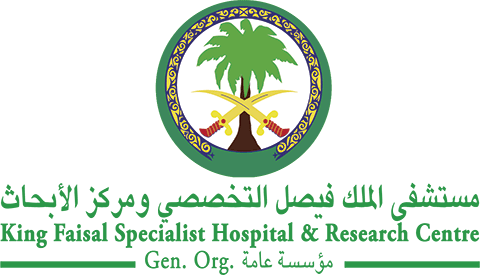Abstract
Tenosynovial giant cell tumor (TGCT) is a rare inflammatory disorder affecting the joint synovium, bursae, and tendon sheaths that causes non-specific and often insidious joint discomfort. The application of systemic chemotherapy has been limited due to poor and unsustained disease responses. Surgery with or without adjuvant radiation is the primary treatment modality for TGCT. With its locally destructive nature and increased recurrence, multiple surgical interventions become necessary throughout the course of the disease, leading to disfigurement, decreased quality of life, and increased mortality. However, owing to recent evidence demonstrating the overexpression of colony-stimulating factor 1 (CSF-1) in TGCT, selective tyrosine kinase inhibitors targeting CSF-1 receptors are being developed. Pexidartinib is the first CSF-1 receptor inhibitor approved for the treatment of TGCT. Here, we discuss various available treatment strategies and ongoing investigations and trials targeting diffuse TGCT, which include nilotinib, lacnotuzumab, cabiralizumab, vimseltinib, and emactuzumab.
Recommended Citation
Chan, Abigail S.; Katiyar, Vatsala; Dy, Paul; and Singh, Vikas
(2022)
"Updates on the Treatment of Tenosynovial Giant Cell Tumor (TGCT),"
Hematology/Oncology and Stem Cell Therapy: Vol. 16
:
Iss.
4
, Article 2.
Available at: https://doi.org/10.56875/2589-0646.1032
Creative Commons License

This work is licensed under a Creative Commons Attribution-Noncommercial-No Derivative Works 4.0 License.
Included in
Cancer Biology Commons, Hematology Commons, Oncology Commons

